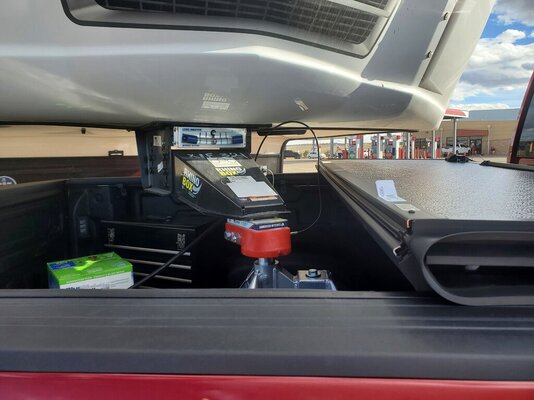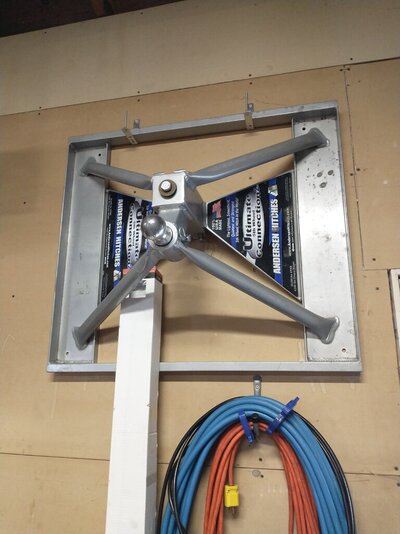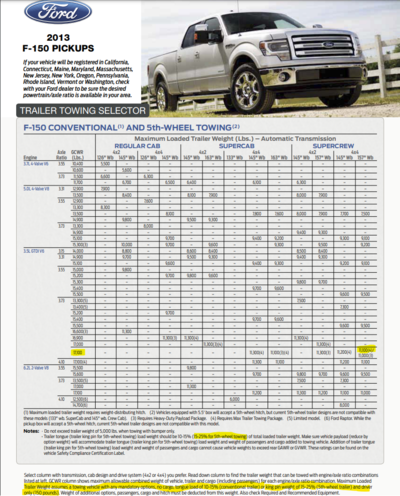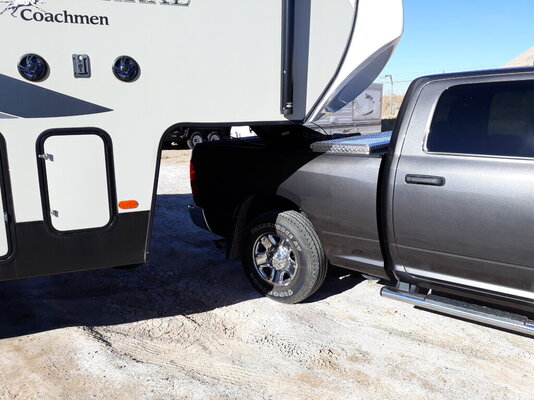307 Tailgater
Well-known member
I think I'm following you. This is helpful.You mentioned tongue weight which is for travel trailers. Fifth wheels have pin weight and is a lot different. You really need to look at your trucks maximum payload. That only assumes a driver weight of 150lb so if you weigh more, take the extra off the max Payload. Then take the weight of all passengers from the payload. What is left is all you have for pinbox, pin weight, anything else that is in the truck. Pin weight must never be based on unladen weight.
Are you sure you still want a Fifth wheel on a 1/2 ton?
Our UK setup is on a 1000kg Pickup but the total fifth wheel weight is Only 8500 lb. Very small by US standard.
We very nearly made the weight mistake by thinking of a F250 until we realised we wouldn't be able to carry passengers.
The advice here is just that, advice, from those that have the bruises, none of whom are trying to sell you a new truck.
It is your choice whether to listen.
Having listened to advice here, we have never had a butt clench moment when towing.
What I don't understand is if the trailer has a hitch weight of 1285, then what is the pin weight? If the pin weight is 20% the GVWR, then why are they listing a hitch weight?
I understand that payload of the truck does not include coolers of beer, steaks, passengers, dogs.......
My wife and I are combined 330lbs.




